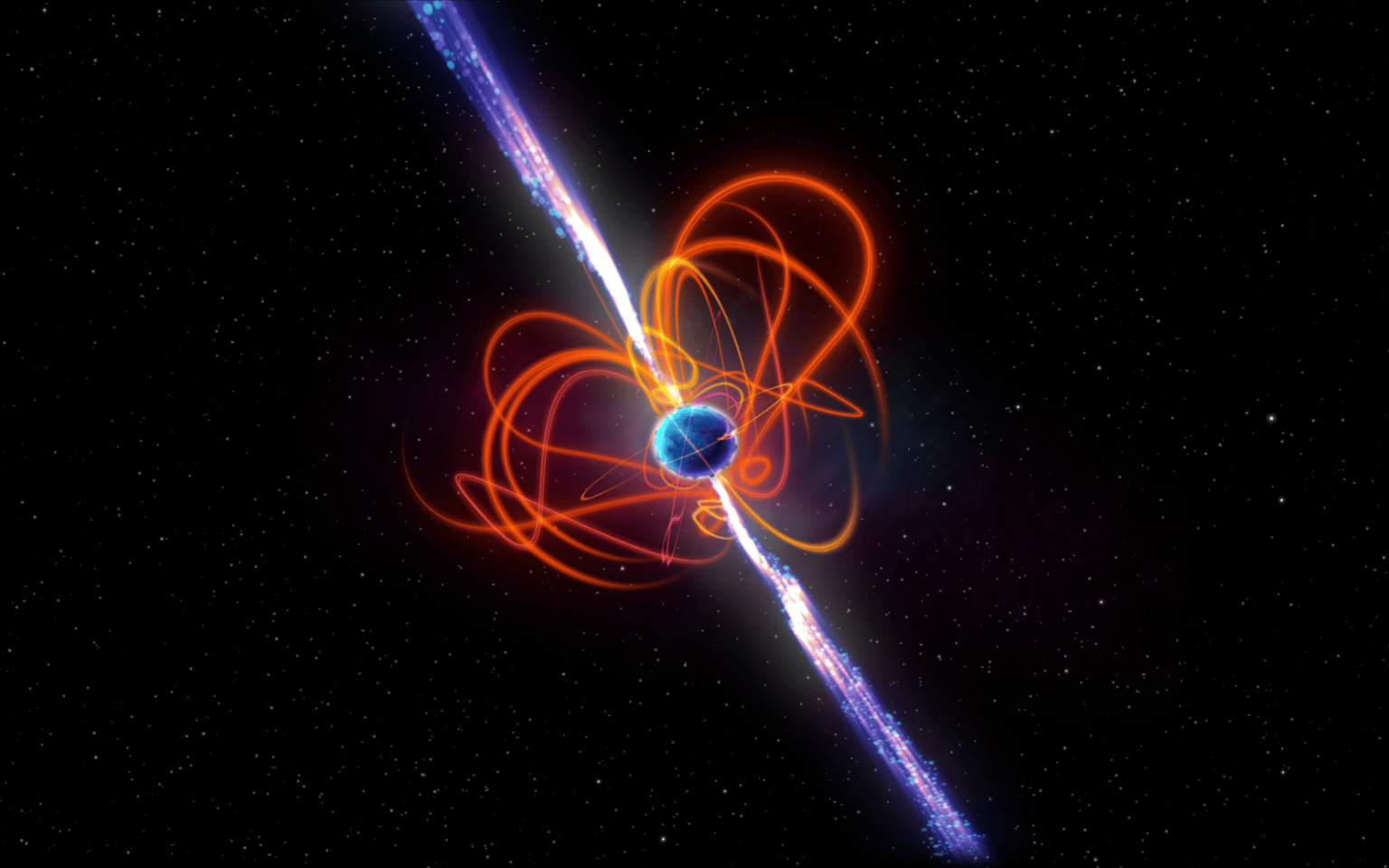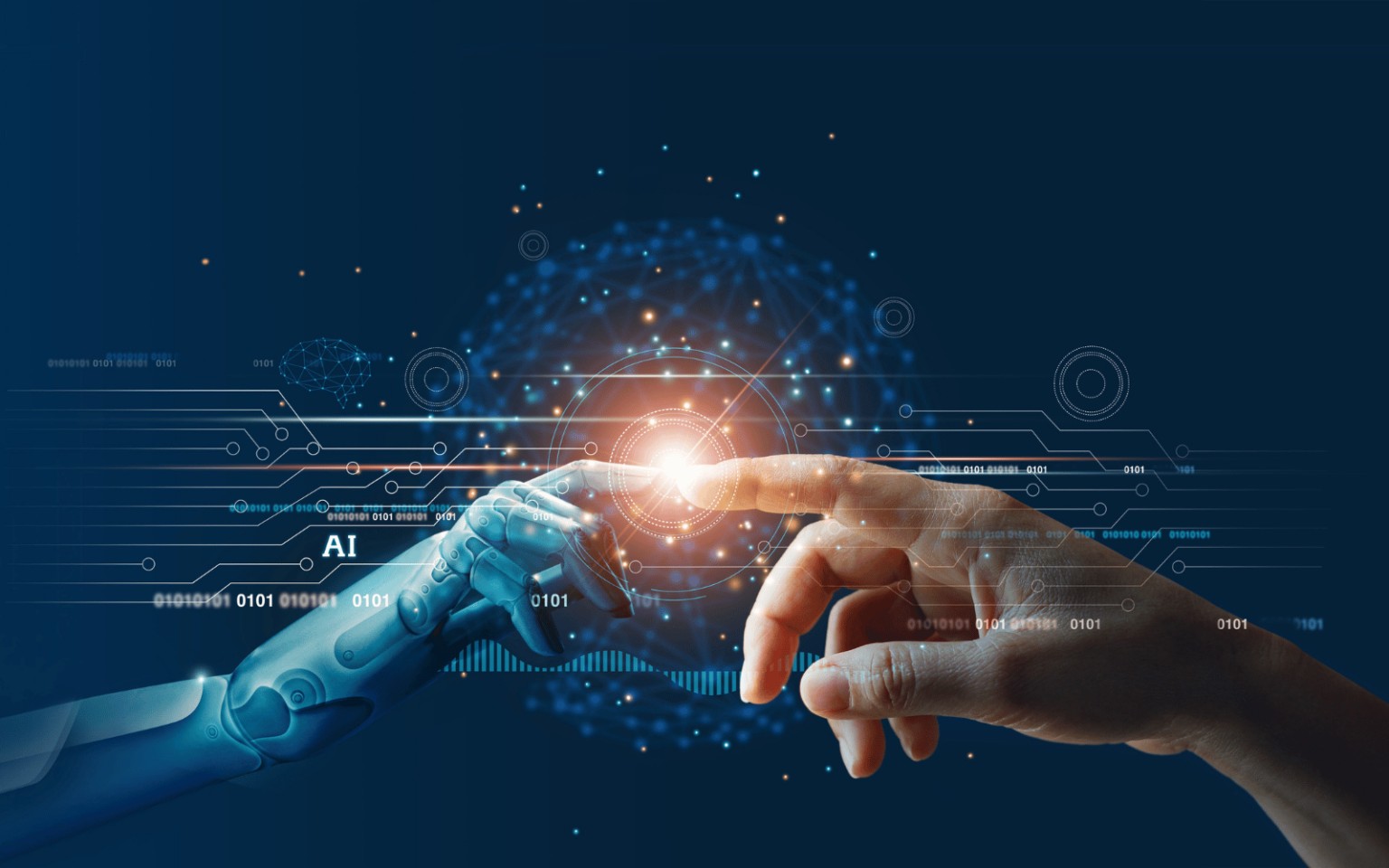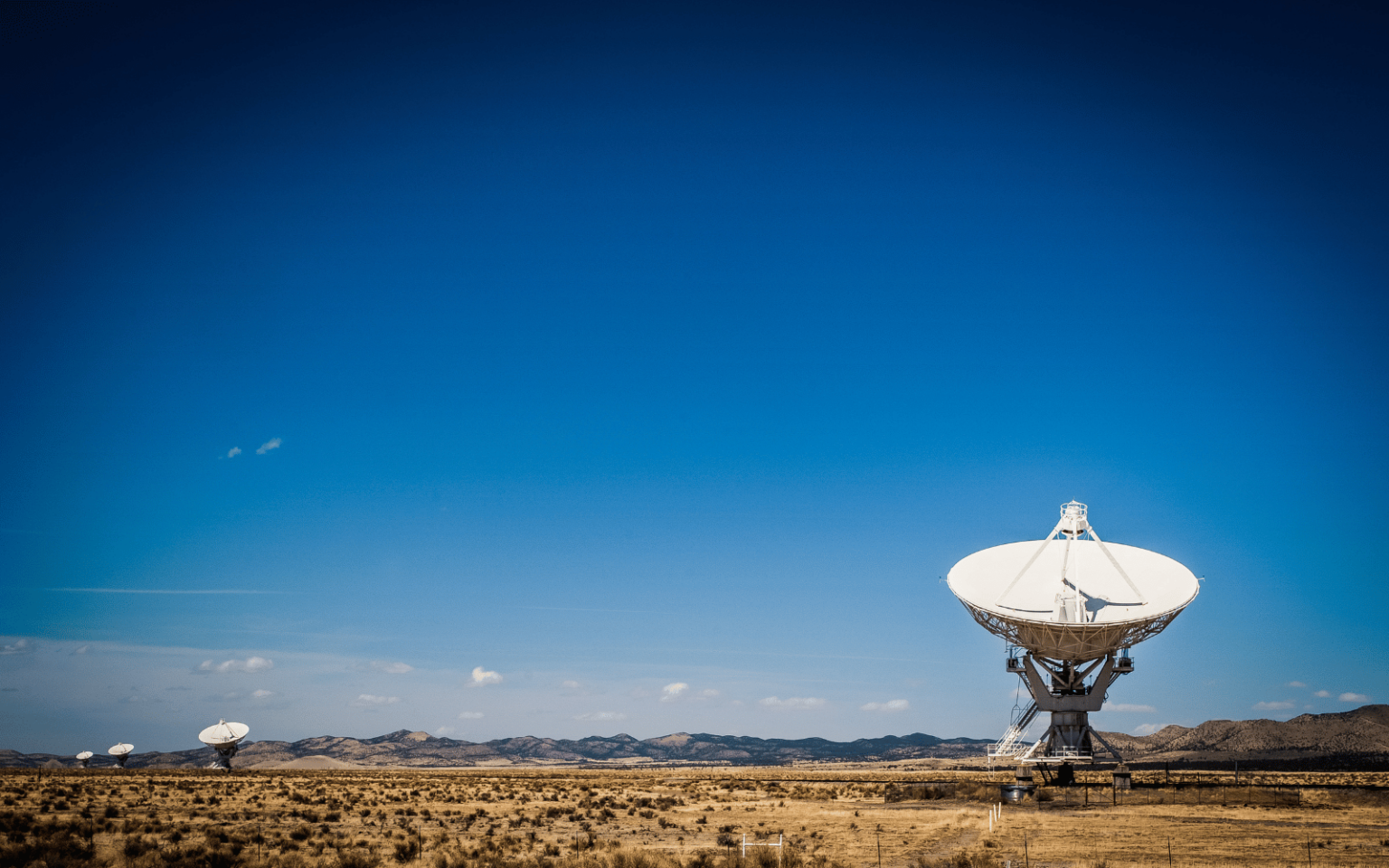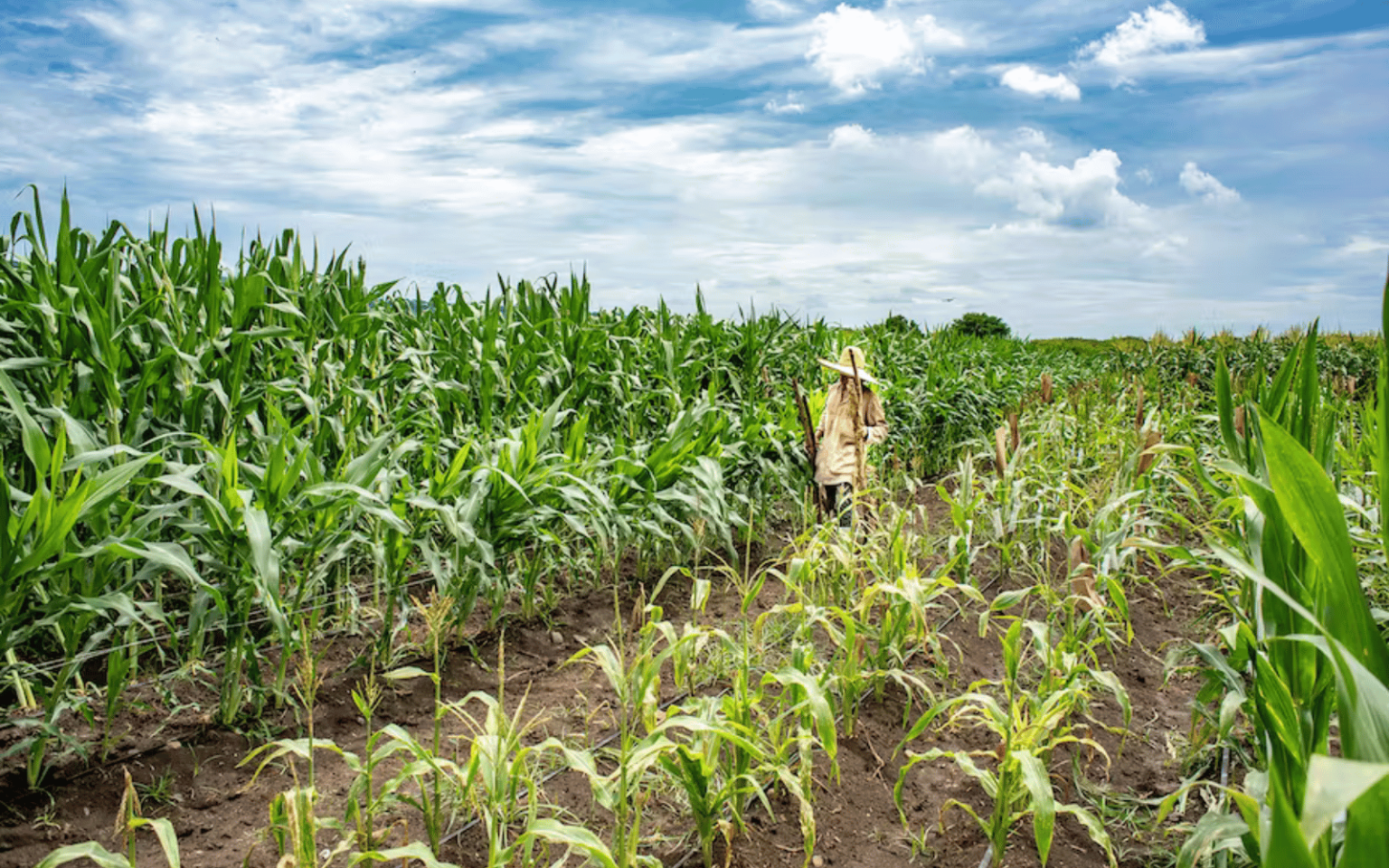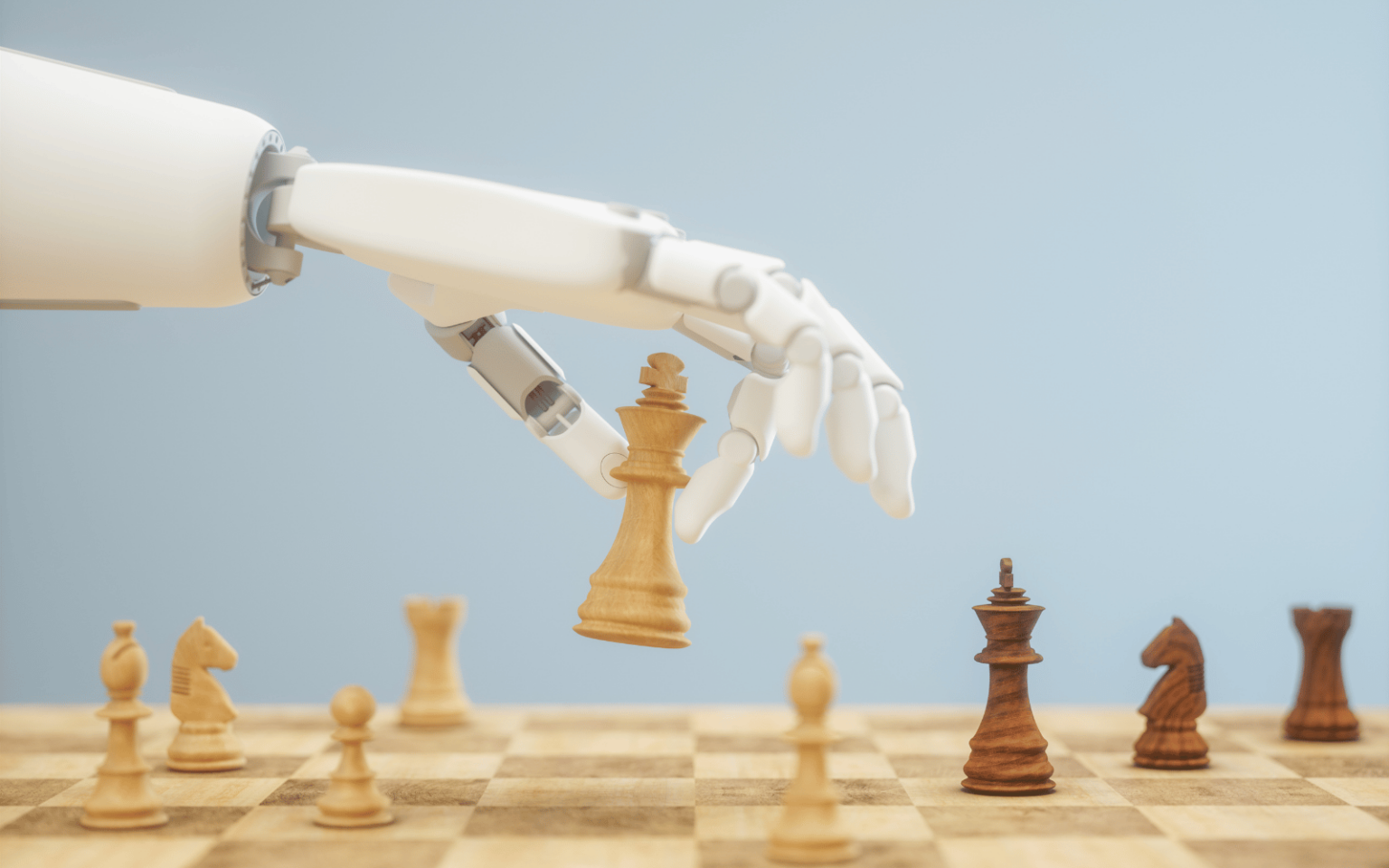Last year, we made an intriguing discovery – a radio signal in space that switched on and off every 18 minutes. Astronomers expect to see some repeating radio signals in space, but they usually blink on and off much more quickly. The most common repeating signals come from pulsars, rotating neutron stars that emit energetic beams like lighthouses, causing them to blink on and off as they rotate towards and away from the Earth. Pulsars slow down as they get older, and their pulses become fainter, until eventually they stop producing radio waves altogether. Our unusually slow pulsar could best be…
Author: The Conversation
NASA’s Artemis program aims to return humans to the Moon for the first time in more than 50 years, with the first human landing currently scheduled for 2025. This goal is not just technically ambitious, but it’s also politically challenging. The Artemis program marks the first time since the Apollo program that an effort to send humans to the Moon has been supported by two successive U.S. presidents. As a scholar of international affairs who studies space, I’m interested in understanding what allowed the Artemis program to survive this political transition where others failed. My research suggests that this program is not just about advancing science and technology or inspiring…
If you ask Alexa, Amazon’s voice assistant AI system, whether Amazon is a monopoly, it responds by saying it doesn’t know. It doesn’t take much to make it lambaste the other tech giants, but it’s silent about its own corporate parent’s misdeeds. When Alexa responds in this way, it’s obvious that it is putting its developer’s interests ahead of yours. Usually, though, it’s not so obvious whom an AI system is serving. To avoid being exploited by these systems, people will need to learn to approach AI skeptically. That means deliberately constructing the input you give it and thinking critically about its…
We’re only halfway through 2023, and it feels already like the year of alien contact. In February, President Joe Biden gave orders to shoot down three unidentified aerial phenomena – NASA’s title for UFOs. Then, the alleged leaked footage from a Navy pilot of a UFO, and then news of a whistleblower’s report on a possible U.S. government cover-up about UFO research. Most recently, an independent analysis published in June suggests that UFOs might have been collected by a clandestine agency of the U.S. government. If any actual evidence of extraterrestrial life emerges, whether from whistleblower testimony or an admission of a cover-up, humans would face a historic…
Warnings about artificial intelligence (AI) are ubiquitous right now. They have included fearful messages about AI’s potential to cause the extinction of humans, invoking images of the Terminator movies. The UK Prime Minister Rishi Sunak has even set up a summit to discuss AI safety. However, we have been using AI tools for a long time – from the algorithms used to recommend relevant products on shopping websites, to cars with technology that recognises traffic signs and provides lane positioning. AI is a tool to increase efficiency, process and sort large volumes of data, and offload decision making. Nevertheless, these tools are open to everyone, including criminals. And…
The July 5 launch of Threads, Instagram’s new social media platform, has met with considerable interest. Meta CEO Mark Zuckerberg was quick to report that over 100 million users downloaded the app by the end of its first weekend. The apparent success of Threads stands in stark contrast to other recent social media apps such as Spill, Bluesky, Mastodon and others. Although Threads has been called the fastest growing app in history, it remains to be seen whether interest will be sustained over the long run. Threads’ success is by no means assured. The app doesn’t present a radical departure from Twitter’s formula, doesn’t have access…
Mainstream conversations about artificial intelligence (AI) have been dominated by a few key concerns, such as whether superintelligent AI will wipe us out, or whether AI will steal our jobs. But we’ve paid less attention the various other environmental and social impacts of our “consumption” of AI, which are arguably just as important. Everything we consume has associated “externalities” – the indirect impacts of our consumption. For instance, industrial pollution is a well-known externality that has a negative impact on people and the environment. The online services we use daily also have externalities, but there seems to be a much lower level of…
Cultivating one hectare of maize used to be an arduous task for Precious Banda, a farmer in Zambia. It would take her hundreds of hours to prepare her land before sowing and to keep it weed-free until harvest – equipped with nothing but a small hoe. She says it was backbreaking work: “I can still feel it.” For a few years now she has hired a tractor, and a neighbour sprays herbicides for her. “Life has become so easy,” she says. But she has also noticed changes around her farm. There are fewer bees and – most worrying for her…
Most of us go online multiple times a day. About half of 18–29 year olds surveyed in a 2021 Pew Research Study said they are “almost constantly” connected. How are we to make sense of this significant digital dimension of modern life? Many questions have rightly been asked about its broader consequences for society and the economy. But there remains a simpler question about what motivates people across a range of ages, occupations and cultures to be so absorbed in digital connection. And we can turn this question on ourselves: why am I online? What are we doing when we go online? As the American…
If you’ve been online much recently, chances are you’ve seen some of the fantastical imagery created by text-to-image generators such as Midjourney and DALL-E 2. This includes everything from the naturalistic (think a soccer player’s headshot) to the surreal (think a dog in space). “beautiful pug astronaut floating in space chasing a bone chew toy and dog treats” ~ Prompt by Sil.Vicious #MidJourney #AiArtwork pic.twitter.com/VEfiscny5Y — Next Prompt (@next_prompt) April 17, 2023 Creating images using AI generators has never been simpler. At the same time, however, these outputs can reproduce biases and deepen inequalities, as our latest research shows. How do AI image generators work?…

